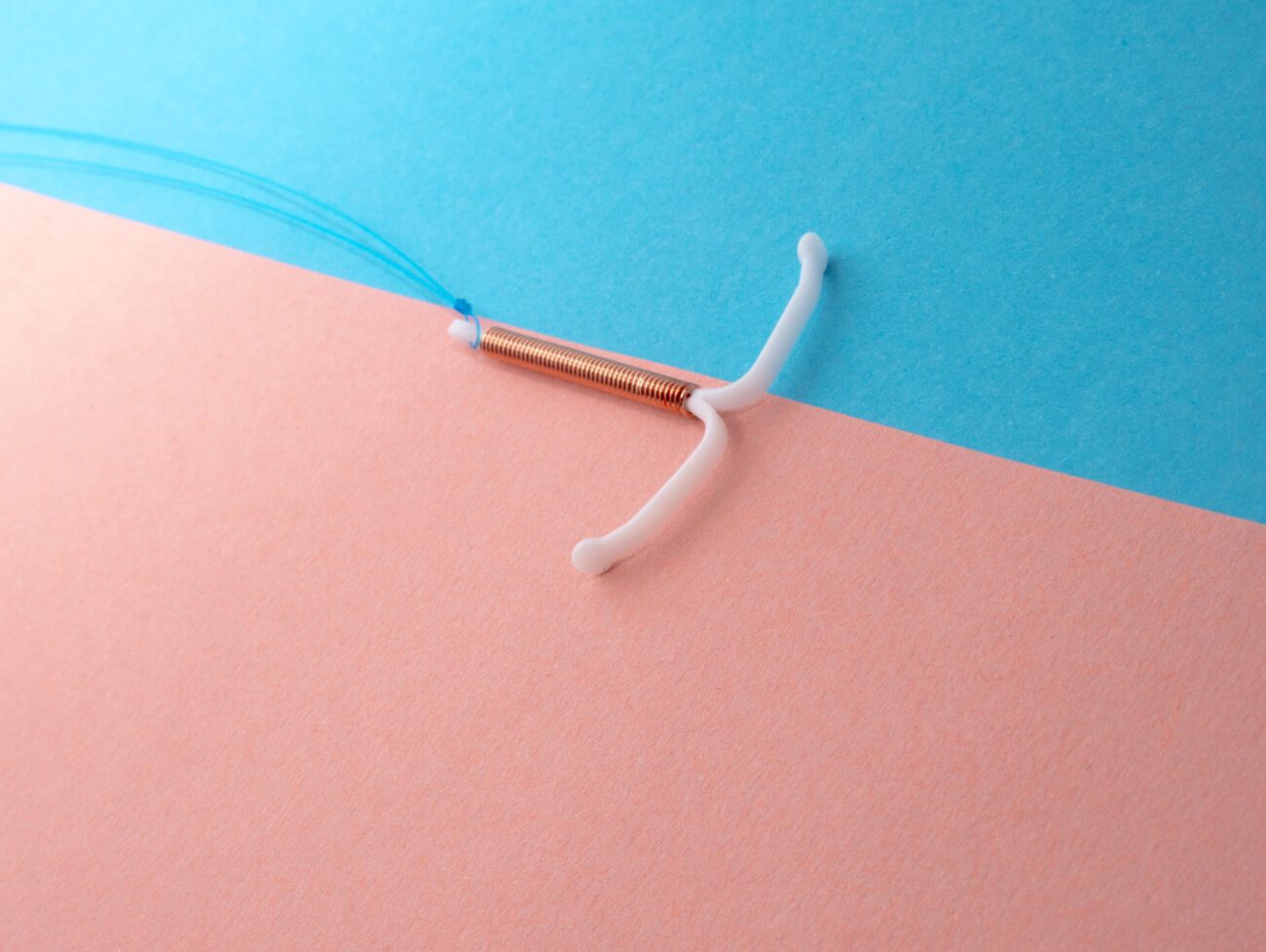Human Papillomavirus (HPV) is one of the most common and widespread sexually transmitted diseases. According to a study, an average of 570,000 women and 60,000 men report getting infected by HPV.

As per the data of the World Health Organization (WHO), there are more than 100 types of HPV, of which a minimum of 14 are cancer-causing.
In fact, 70% of cervical cancers and pre-cancerous cervical lesions are caused by HPV type 16 and type 18. In addition to this, 90% of genital warts are caused by type 6 and type 11.
That’s why it is important to take vaccine doses to stay protected from the human papillomavirus. But, before you do so, there are some things that you should know about.
What is HPV?
Human papillomavirus is a viral infection related to the reproductive tract. The peak time for getting exposed to this virus is shortly after becoming sexually active. Skin-to-skin genital contact is the primary mode of its transmission.
Research has shown that HPV infections generally get cleared up without any interference within a few months. Approximately 90% of the infection clears within two years. But, regular intercourse without proper protection and vaccines can lead to cervical cancer.
What Does The HPV Vaccine Do?
As mentioned above, HPV affects many people worldwide. Generally, your body’s antibodies help in clearing out the infection. However, if the infection persists, it can cause cervical, anal, and throat cancers.
Scheduling regular vaccinations for HPV will ensure that you stay protected from cervical cancer. In addition to this, the dose can also help prevent vaginal and vulval cancer in women and genital warts in men.
Although the chances of males getting infected with HPV are significantly less, vaccines will help decrease the chances of transmission.
Note: You don’t have to get tested for HPV or cervical cancer before getting the dose. Usually, it is recommended to get the vaccine before you have the chance to be exposed to the virus. Nonetheless, even if you’ve been infected with one strain, the vaccine can help you protect against the others.
Are There Any Side Effects?
There are no severe side effects of the dose. However, some young adults have reported fainting after getting the injection. Other than that, there could be a few mild effects like:
Some people could also get an allergic reaction but that is a more rare side effect of the vaccine. But if you did have trouble breathing, get swelling of your face or throat, or hives, you should visit your doctor immediately.
Tip: To avoid the symptoms of nausea and vomiting, it is recommended to remain seated for 15 to 30 minutes after getting injected. Also, you should avoid drinking for at least 72 hours.
Who Should Get Vaccinated?
The ideal time for getting vaccinated is at the young age before sexual activity begins and before exposure to HPV. Generally, girls and boys between the age group of 10 to 13 should get their two doses, 6 to 12 months apart. After the age of 15, kids must have three doses.
However, people who are not yet vaccinated need to get jabbed before they turn 26. After that, you need to visit the doctor. They might run a test or few to diagnose your health or any risk for which you can’t get the dose.
Understand that your body’s immune system is not as strong as it is in teenagers. And once you are sexually active, you may have already been exposed to the virus. Therefore, it is recommended to get your dose as soon as possible.
Who Should Not Get Vaccinated?
The doses are not recommended during pregnancy. In addition to this, if you had any reaction to the earlier dose or are allergic to yeast and latex then you may not be able to be. Plus, you should postpone your dose if you are moderately or severely ill.
It is also essential that you inform your doctor about any life-threatening allergy before getting a dose.
Note: Although there is no evidence that the dose causes harm to an unborn child, you should of course still take the utmost precautions and do your own research.
How to Protect Yourself if You Are Not Recommended to Get Vaccinated?
As you might already know that HPV spreads through sexual contract – oral, anal, and vaginal. Thus, to stay safe, use a condom every time. Moreover, smoking raises the risk of cervical cancer, so it would be best for you to stop smoking. Not to mention, as HPV affects females more than males, it is essential to get regular tests, especially your smear test.
Things You Should Keep in Mind
After getting all your doses, you need to keep a few things in mind.
Getting vaccinated at the right time can help you stay protected from the exposure of the virus as well as cervical cancers. It is essential to get your first two doses before the age of 15 if you can. Plus, if you have any doubts or questions related to HPV, make sure you ask your doctor and they can help reassure you.